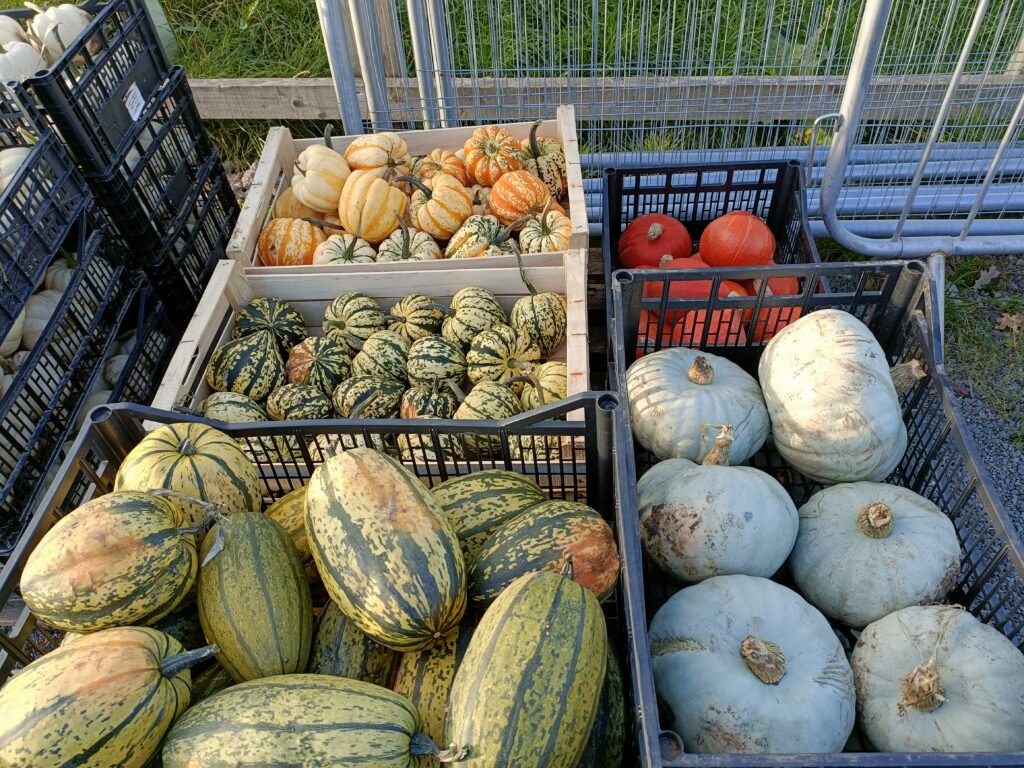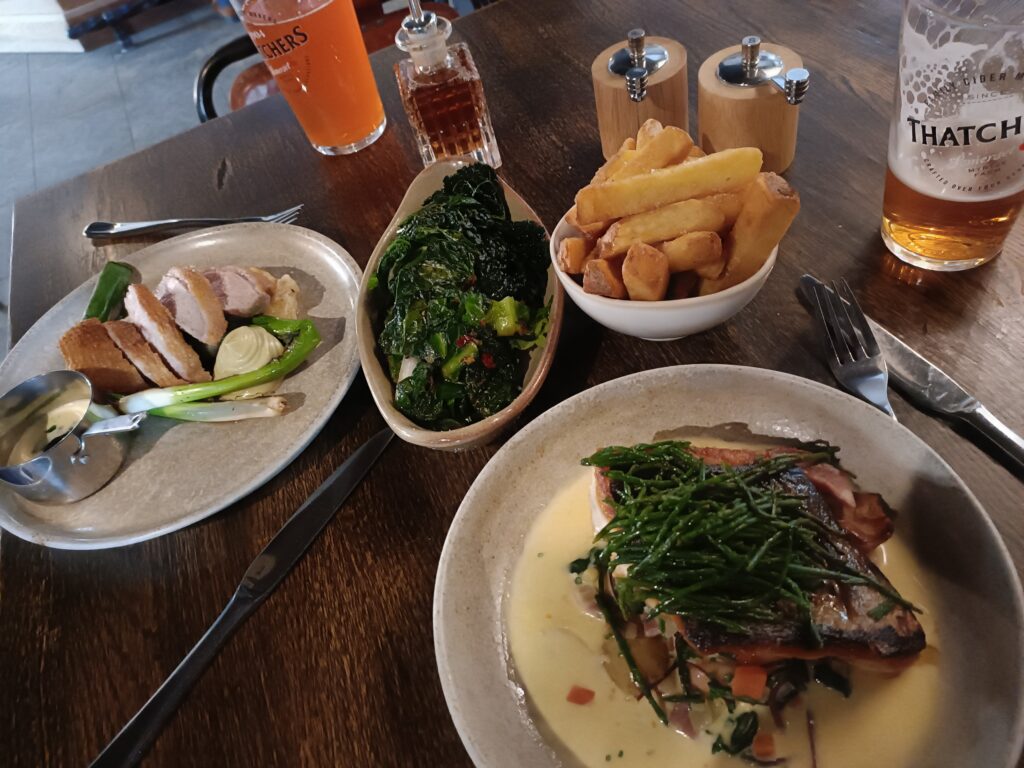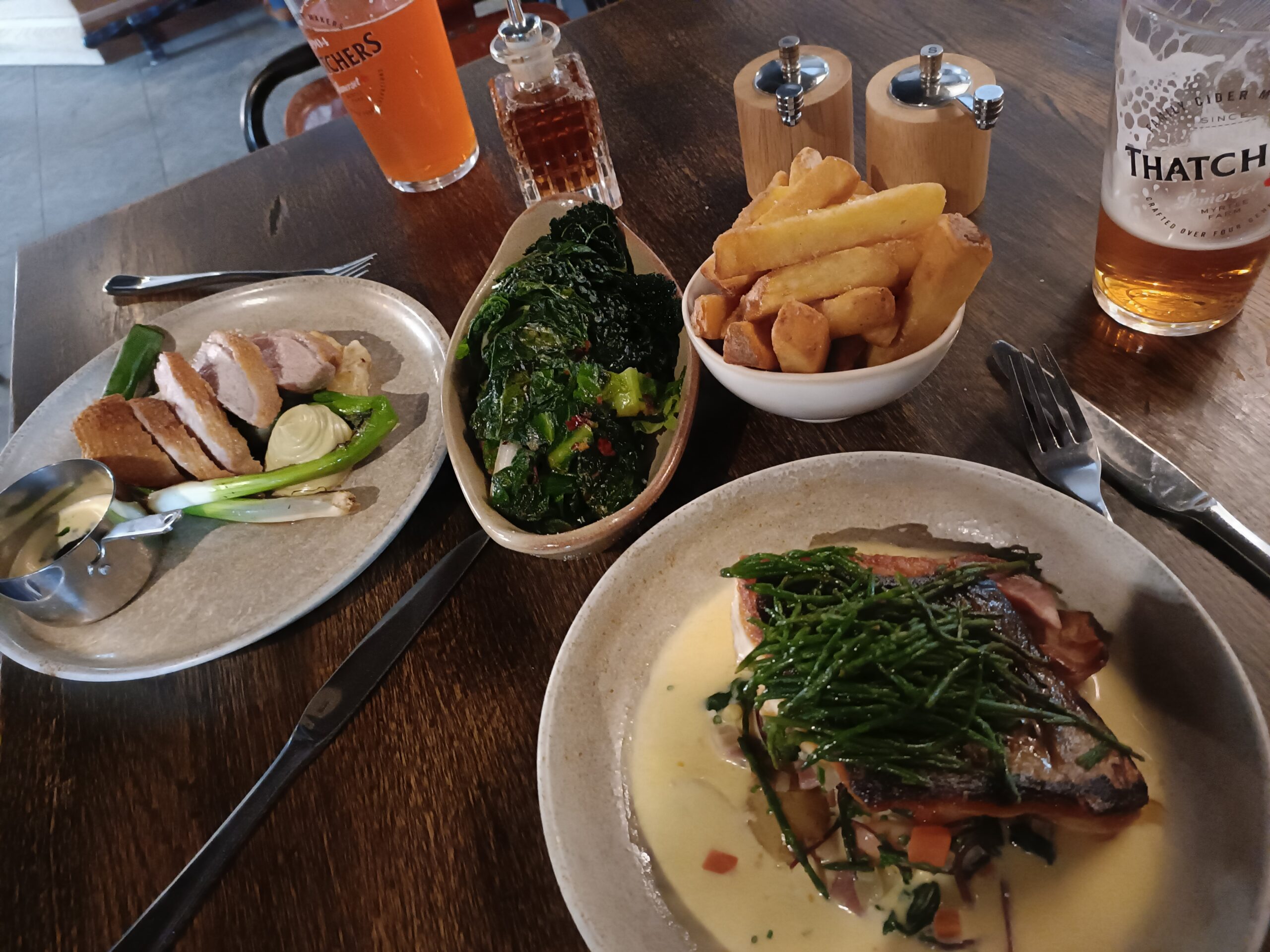Running is a fantastic way to maintain a healthy lifestyle, but it's important to fuel your body with the right foods to ensure optimal performance. A good diet for runners should include a balance of carbohydrates, proteins, and healthy fats, as well as plenty of fruits and vegetables for essential vitamins and minerals. In this blog post, we'll explore some of the best foods for runners, as well as some foods to avoid.
Good Foods for Runners
- Whole grains: Whole grains are an excellent source of carbohydrates, which are the primary fuel for runners. Whole grain options such as brown rice, quinoa, and whole wheat pasta are great choices for runners.
- Fruits and vegetables: These are rich in vitamins, minerals, and antioxidants that help your body function optimally. They are also low in calories and high in fiber, making them great for weight management. Eat a variety of colors, such as berries, leafy greens, peppers, and carrots.
- Lean protein: Protein is essential for muscle repair and recovery, and lean sources such as chicken, fish, tofu, and lentils are excellent choices for runners. Aim for around 0.8-1 gram of protein per kilogram of body weight.
- Healthy fats: Healthy fats such as nuts, seeds, avocado, and olive oil are essential for maintaining healthy cell membranes, reducing inflammation, and aiding nutrient absorption.
- Low-fat dairy: Dairy products are a great source of calcium, which is essential for maintaining strong bones. Low-fat options such as skim milk, yogurt, and cottage cheese are ideal choices for runners.

Bad Foods for Runners
- Processed foods: Processed foods such as fast food, candy, and packaged snacks are often high in sugar, salt, and unhealthy fats. They provide little nutritional value and can leave you feeling sluggish and fatigued.
- Sugary drinks: Sugary drinks such as soda and energy drinks can be high in calories and can cause dehydration, which can negatively affect your running performance. Instead, opt for water, herbal tea, or low-sugar sports drinks.
- Alcohol: While an occasional drink is okay, excessive alcohol consumption can lead to dehydration, nutrient depletion, and impaired muscle recovery. It can also negatively affect sleep quality, which is essential for recovery and performance.
- High-fat foods: While healthy fats are essential, high-fat foods such as fried foods, creamy sauces, and high-fat cuts of meat can be difficult to digest and can leave you feeling heavy and sluggish.
- High-fiber foods: While fiber is essential for digestive health, high-fiber foods such as beans and cruciferous vegetables can cause gastrointestinal distress during a run. If you plan on eating high-fiber foods, make sure to consume them several hours before your run.

Runners Diet Summary
In conclusion, a good diet for runners should focus on whole, nutrient-dense foods such as whole grains, fruits, vegetables, lean proteins, healthy fats, and low-fat dairy. Avoid processed foods, sugary drinks, alcohol, high-fat foods, and high-fiber foods before a run. By fueling your body with the right foods, you can optimize your running performance and achieve your goals.
Running and The Best Time to Eat
When it comes to running, what you eat and when you eat it can have a significant impact on your performance. Here are some tips on when to eat before and after a run to help you optimize your performance:
Before a Run
Ideally, you should eat a balanced meal 2-3 hours before you go for a run. This meal should be rich in carbohydrates, moderate in protein, and low in fat to ensure easy digestion and prevent stomach discomfort during your run.
If you don't have time for a full meal, a small snack 30-60 minutes before your run can also provide the necessary energy to power you through your workout. Opt for a small snack that is high in carbohydrates, such as a banana, an apple with peanut butter, or a granola bar.
It's important to note that everyone's digestive system is different, so it may take some experimentation to find the perfect timing and types of foods that work best for you.
During a Run
For runs lasting less than an hour, you likely won't need to eat anything during your workout. However, for longer runs, you may need to fuel up with snacks such as energy gels, sports drinks, or energy bars.
After a Run
After a run, it's important to replenish your energy stores by consuming carbohydrates and protein within 30 minutes of your workout. This will help your body recover and repair any damage done during your workout.
Some good post-run snack options include a protein shake, a smoothie made with fruit and Greek yogurt, or a peanut butter and jelly sandwich on whole-grain bread.
It's also important to drink plenty of water before and after your run to prevent dehydration and aid in muscle recovery.
Running Diet Summary
In conclusion, timing your meals and snacks before and after a run can help you optimize your performance and recovery. Experiment with different types of foods and timing to find what works best for your body.
Runners Diet References
Here are a few references to articles discussing diet and running:
- "Nutrition for Runners" by the Academy of Nutrition and Dietetics: This article provides an overview of the key nutrients runners need, as well as recommendations for pre- and post-run meals and snacks.
Link: https://www.eatright.org/fitness/sports-and-performance/fueling-your-workout/nutrition-for-runners
- "The Runner's Diet: What to Eat Before, During, and After Running" by Healthline: This article discusses the importance of carbohydrates and protein for runners, as well as the best types of foods to eat before and after a run.
Link: https://www.healthline.com/nutrition/runners-diet
- "What to Eat Before, During, and After Running" by Runner's World: This article provides a comprehensive guide to fueling your body for optimal performance, including specific recommendations for pre-run snacks and post-run meals.
- "Fueling the Runner: A Guide to Eating for Energy" by the American Council on Exercise: This article discusses the importance of proper nutrition for runners, including recommendations for pre- and post-workout meals and snacks.
- "Nutrition for Runners: What to Eat Before, During, and After Your Run" by Verywell Fit: This article provides specific recommendations for pre-run meals and snacks, as well as guidance on what to eat during and after your run to aid in recovery.
